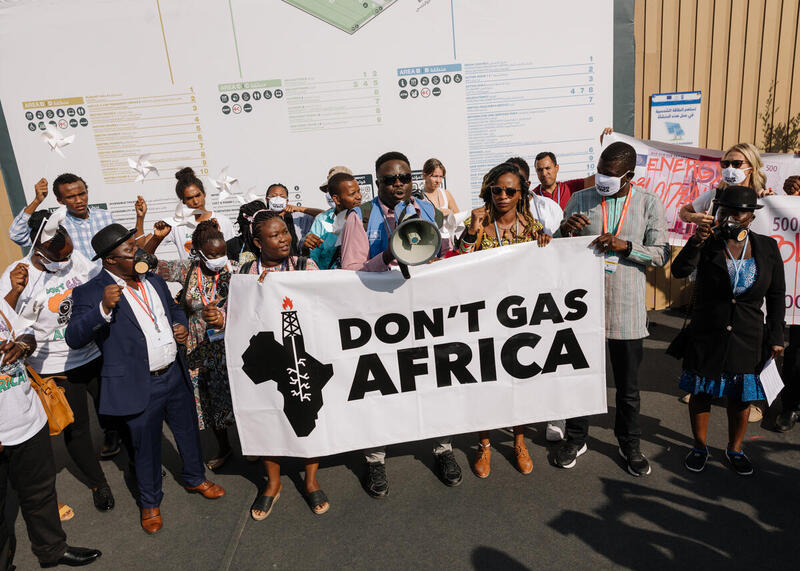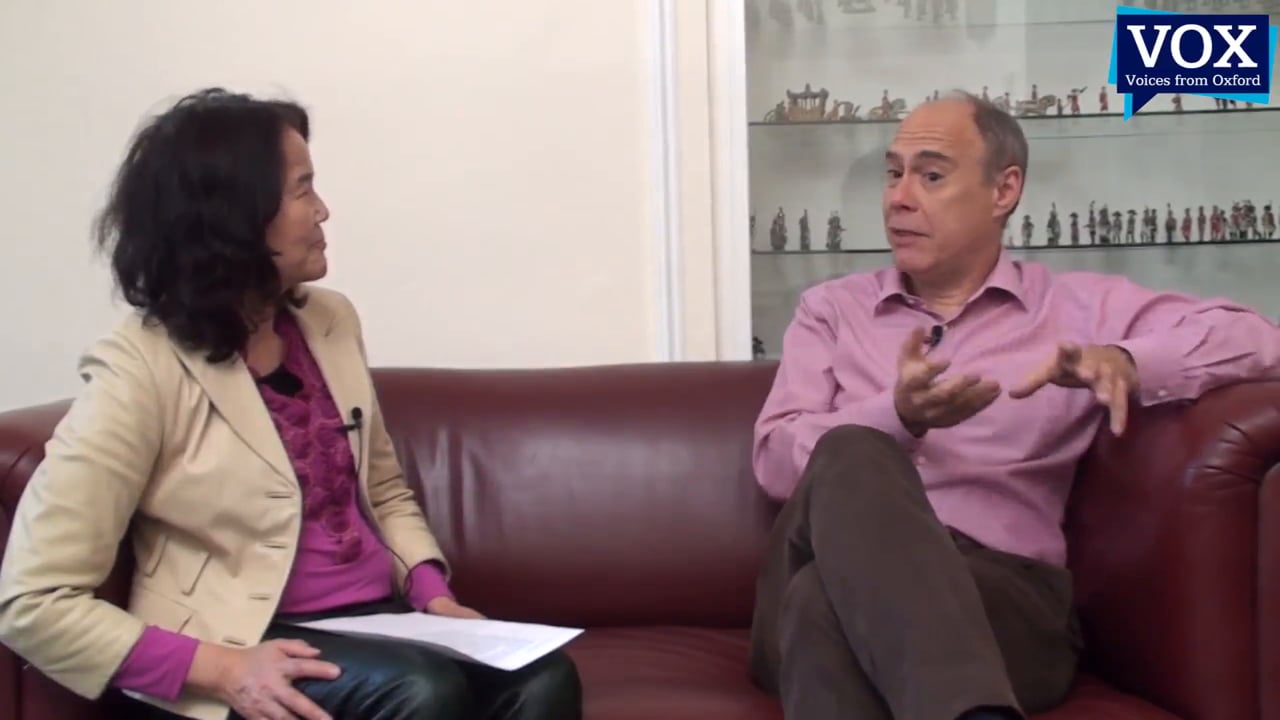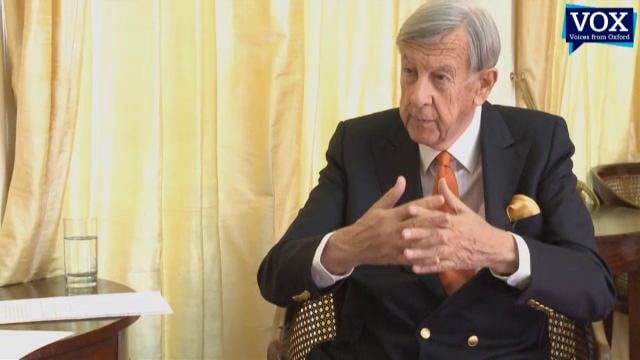
For many delegates, the final COP27 agreement is disappointing; for others, it is historic. A last-ditched effort by the EU salvaged a “loss and damage” funding agreement that saved the day, but it comes with reluctance and a lack of commitment. Leaders of the world came and went with words, not deeds. But the actions now agreed upon could be significant.
World unity required funding for those countries facing real difficulties in resisting a dash for gas and building a greener, prosperous future. It is in all our interests that the world’s leading economies help the poorer with the transition to combat climate change. Yet, so insignificant were the likely COP27 agreements that much of the discussion barely reached front-page news here in the UK until the last hours. We should not underestimate the difficulties of getting deals from so many countries.
So, we waited, those of us late into the night, watching the blank screen of the final plenary session live-streamed on Youtube. And as each deadline passed, another was set, and then another and another. At each hour, a new deadline was set. Or perhaps there was no deadline. They would stay the course. A deal would be struck. Tears sometimes came to my eyes, watching the seconds, minutes, and hours tick down. So much at stake; the future of humanity and our planet. Would they give it a chance?
Whose voice is heard?
At the outset of this final week, Greenpeace pleaded for change. “Progress,” it said, “can only be restored if the microphone is taken from the polluters and handed to the people from impacted communities.”
“Hope and progress can only be restored if the microphone is taken from the polluters and handed to people from impacted communities and countries.”
Greanpeace, 2022 Press Release
Greenpeace and others have warned that COP27 must agree 1) to establish a dedicated financial facility for loss and damage, 2) with adequate adaptation and green transition funding for developing countries and 3) to accelerate fossil fuel phase-out. Those were the critical benchmarks set for COP27 for achieving the 1.5°C global warming target. Yet, at the eleventh hour, the EU is scrabbling to reach an agreement. The USA was likely to block such progress.
According to the government of Tuvalu, an island nation threatened by rising sea levels, the only way forward is to reclaim land and build upwards. But that requires assistance. Representatives of 24 African countries called on the developed countries to meet their financial commitments to help the continent adapt to climate change. Poorer countries cannot meet the costs alone. This is a global crisis, not a local one. Climate change drives migration to towns and cities across the globe. It is undoubtedly better to protect habitats and build the resilience of local communities.
We broke it; let’s help fix it.
Carbon emissions from industrialised nations played a more significant part in bringing about the climate crisis. Our lifestyles are predicated on our industrial revolution. We must help developing countries deal with the consequences but also help them build green technology to avoid a rush for gas and further climate disaster. International financial institutions provide four times as much funding for gas projects in low- and middle-income countries as for wind or solar.
This finance risks driving a new dash for gas that locks countries into a high-carbon pathway, imperilling their economic future and the global climate. Achieving the 1.5°C target, according to the Intergovernmental Panel on Climate Change, requires global gas consumption to decline by 55% between 2020 and 2050 and gas power generation by 87%. We need a dash from gas, not a rush for it. Governments must stop finance supporting fossil fuels and should instead focus on creating and enabling conditions for countries to build energy systems based on renewable energy. That is the kind of growth the world needs.
Climate justice
Sixty-four per cent of carbon emissions result from fossil fuels and industry. Furthermore, just 10% of households with the highest per capita emissions contribute a disproportionately large share of global household GHG emissions, 34–45% of global consumption-based household GHG emissions. The bottom 50% contribute just 13–15%. The impact of this is simply unfair and unsustainable. This is why activists talk about climate justice. It is why they hit the streets and campaign to “stop oil” and mining more fossil fuels. The writing is on the wall; the message is clear.
“Just 10% of households with the highest per capita emissions contribute a disproportionately large share of global household GHG emissions.’
IPCC report 2022
A substantial share of the population in low-emitting countries lacks access to modern energy services. Eradicating extreme and energy poverty and providing decent living standards to all in these regions in the context of achieving sustainable development objectives in the near term can be achieved without significant global emissions growth. But they need investment to help them achieve this objective. We must see the major economies contributing a fair share to this end. So, eradicating poverty and creating sustainable solutions go together; they are part of the same equation.
A Green Revolution
So, a green revolution is needed, transforming people’s lives across the globe with sustainable farming and businesses based on local green infrastructure. But the message from the IPCC is clear. Projected global GHG emissions from NDCs announced before COP26 would make it likely that warming will exceed 1.5°C and make it more challenging after 2030 to limit warming to below 2°C. Action is needed now, or COP27 will be a disappointingly lost opportunity. We watch now once again to see if real action is taken.
We can have little faith in a last-ditch agreement that the big players were reluctant to sign. But having crossed the rubicon, there is hope for the future. The COP27 President said in his final statement, “the world is watching.”
Featured Photograph: © Marie Jacquemin / Greenpeace
Written and posted by VOX News Editor Ray Noble



